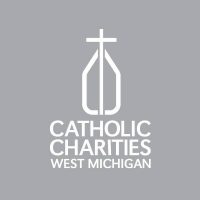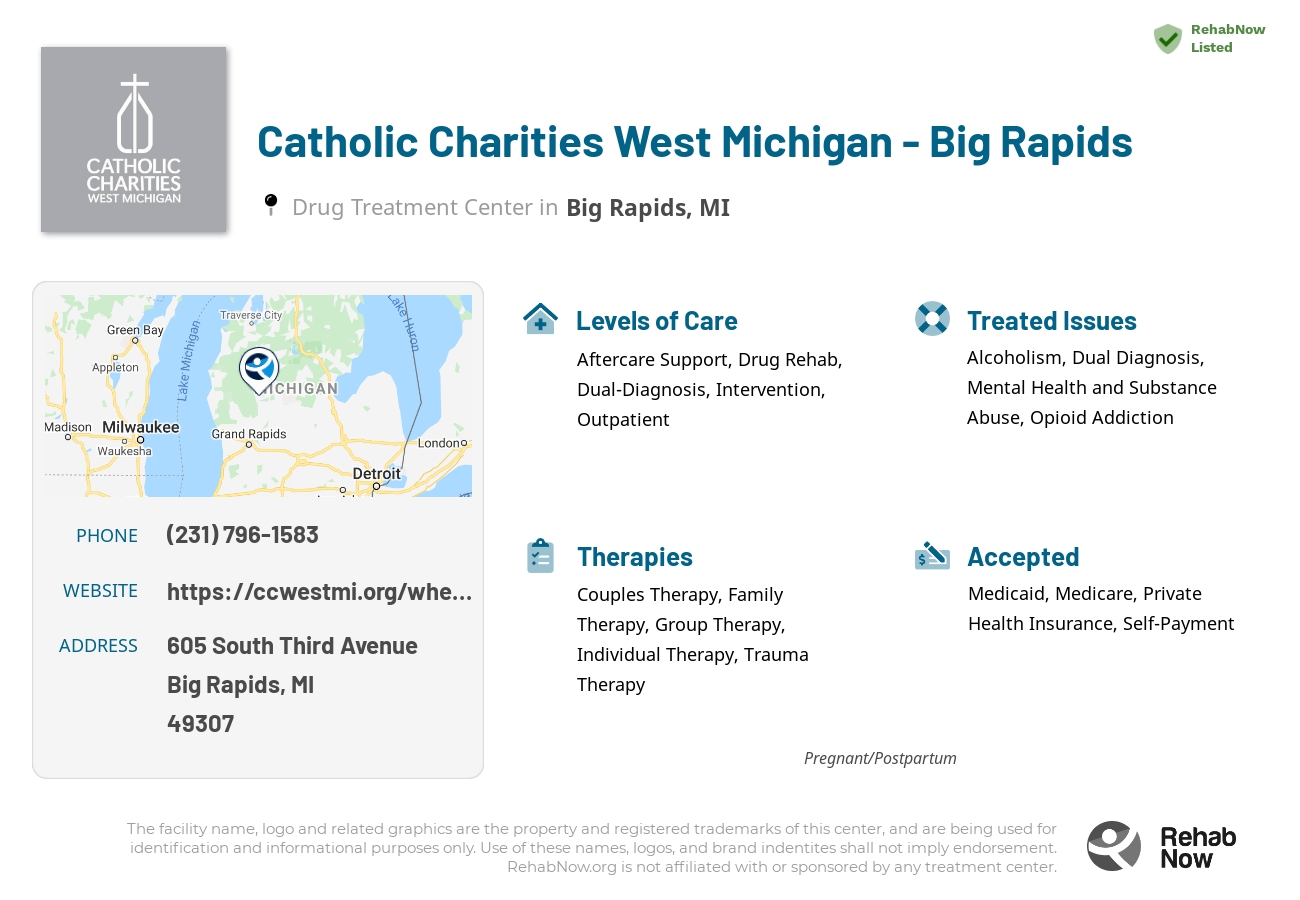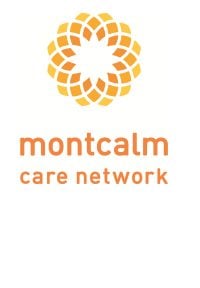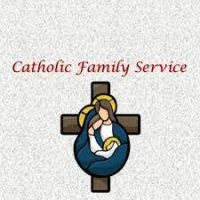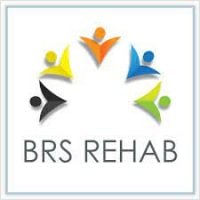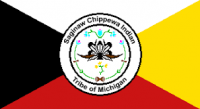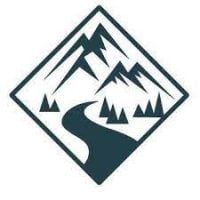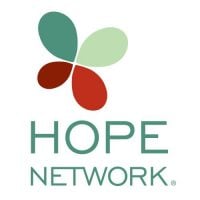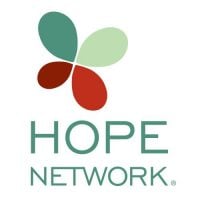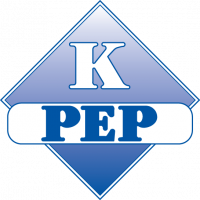Catholic Charities West Michigan - Big Rapids
Drug Rehab Center in Big Rapids, Michigan
Catholic Charities West Michigan - Big Rapids offers addiction treatment programs using evidence-based practices and a tailored approach to help individuals and families in need of mental health support and recovery services.
About This Michigan Facility
Catholic Charities West Michigan - Big Rapids is a non-profit organization in Big Rapids, Michigan that provides a range of services and treatments for individuals struggling with addiction and substance abuse. They offer gender-responsive, trauma-informed, and culturally appropriate services for individuals in need of addiction and mental health counseling, case management, and recovery services. The mission of Catholic Charities West Michigan is to provide a pathway to hope and mental health for individuals and families in need.
At Catholic Charities West Michigan - Big Rapids, individuals will have access to a variety of addiction treatment programs, such as individual and group counseling, relapse prevention, family education and parenting programs, anger management, and spiritual and psychological counseling. Clinical staff are well-versed in addiction and co-occurring disorders and use evidence-based practices to ensure individuals receive the highest quality of care. Treatment is tailored to the individual, so that each person is able to work towards recovery in the best way possible.
Catholic Charities West Michigan - Big Rapids are accredited by the Council on Accreditation and licensed by the Michigan Department of Health and Human Services. The organization has also received the Advocate of the Year award from the Michigan Network of Children’s Trust Funds in 2013 and the Excellence in Education award from the Michigan Association of Child and Family Services in 2016. The organization offers evidence-based practices, such as Seeking Safety, in order to help individuals address the trauma that may have resulted from substance abuse.
Genders
Ages
Modality
Additional
Conditions and Issues Treated
Opioid addiction treatment should be done in a medically supervised drug rehab. Opioid addiction treatment will include detoxification and drug rehab counseling to help both the user and their loved ones learn how to live a successful sober lifestyle. Methadone, buprenorphine, and naltrexone are three medications that can help treat opioid addiction. Individual drug rehab counseling sessions can be helpful to discuss any questions or concerns with the drug treatment program.
When addiction and psychiatric issues co-occur, the addict’s recovery is more successful when both conditions are treated. A dual diagnosis refers to a condition in which the patient is diagnosed with two health issues: addiction and bipolar disorder.
Usually, dual diagnosis sufferers are prescribed a combination of treatments for each condition. The most common therapies are psychotherapy, behavioral therapy, spiritual counseling, 12-step programs, and medication management.
Psychiatric conditions are an obstacle to recovery because they can create roadblocks to a healthy lifestyle. Drugs and alcohol may be used as a means of self-medication, which can have dangerous consequences. Over time, addicts build up a tolerance and suffer withdrawal symptoms when drug use is stopped.
With the proper treatment, dual diagnosis sufferers can overcome their conditions and achieve lasting sobriety.
Levels of Care Offered at Catholic Charities West Michigan - Big Rapids
This center offers a variety of custom treatment tailored to individual recovery. Currently available are Aftercare Support, Drug Rehab, Dual-Diagnosis, Intervention, Outpatient, with additional therapies available as listed below.
Individuals struggling with drug addictions can get help from several treatment options, including inpatient and outpatient programs. Outpatient drug treatment programs can also provide patients with different levels of care, usually depending on the patient’s degree of addiction.
At an outpatient program in Big Rapids, a patient will attend a recovery program during the day and return home in the evening. Suppose a patient is struggling with drug addiction. In that case, an outpatient program can serve as an effective transition point during the recovery process.
Intervention services are designed to help family members and friends confront an addict about their drug use. While some addicts will immediately seek treatment after this confrontation, others don’t want to quit or need professional help with the process.
During an intervention, family members and friends work with a professional interventionist who will lead them through the discussion. This professional will help the addict understand that they need to get treatment and provide them with resources for recovery.
Aftercare is a part of drug rehabilitation. It is also known as “post-treatment support.” Aftercare programs are available for addicts after they complete drug rehab. It is often the final step in the recovery process. The goal of aftercare is to ensure that addicts maintain their achievements in rehab and do not relapse. Professionals generally provide aftercare (including addiction therapists, physicians, social workers, psychologists) and involve individual and group therapy sessions.
Therapies & Programs
Individual therapy is a critical component of addiction recovery. It allows the patients to go deep into their core issues and discover how to handle those problems better. Therapy can be conducted in individual sessions as well as group settings. In individual therapy for addiction, the patient meets with their therapist one-on-one to focus on the underlying issues. This allows patients to open up and discuss personal topics they may not feel comfortable discussing in a group setting. This type of therapy can help develop solutions specific to each patient, which helps speed up the recovery process.
Couples therapy is beneficial for couples in which at least one partner has a substance use disorder. This type of therapy can help partners improve communication skills, which is an important factor in a healthy relationship. It can also help partners better understand one another so they have a greater understanding of how the other partner may be feeling.
Benefits of couples therapy include:
- Improvement in communication skills
- Increased understanding of the dynamics within a relationship
- Increased sense of support and trust in the relationship
- Better teamwork between partners/increased willingness to listen and work together
- Enhanced tolerance of each other’s shortcomings
- Improved ability to have open, honest communication with each other
Family therapy is a crucial part of drug treatment and getting sober. It is one of the most effective ways to help addicts stay on the path to long-term sobriety. When a drug addict decides that they want to try and get sober, it takes the support of every person they love to succeed. It can be incredibly difficult for loved ones to watch an addict go through the pain and suffering of withdrawal, but by being there with them and supporting them, they can help to make sure that the addiction never returns.
One of the most important parts of family therapy is the relapse prevention plan. During treatment, therapists and doctors will often sit down with the addict and their family to develop a plan in case the addict ever feels like they want to use again. This plan should involve steps the addict and family can take together to prevent them from relapsing in the future. An addict’s family can play a vital part in helping them to avoid relapse because they can spot the warning signs and help them get back on track before it becomes too much of a problem.
Group therapy helps prevent addicts from feeling isolated or unique in their situation by offering a sense of comfort and fellowship. It also creates a forum for addicts to build their support systems and learn from each other. The group therapy sessions at Catholic Charities West Michigan - Big Rapids occur in a group setting rather than one-on-one to create a safer, controlled environment where addicts feel comfortable.
Trauma therapy helps people dealing with addiction by allowing them to confront the traumas of their past and move past them. It is important to note that trauma therapy should not be confused with PTSD (post-traumatic stress disorder) Rather, it is used to treat the effects of trauma, which are often at the root of addiction.
Cognitive Behavioral Therapy (CBT) is a common therapeutic approach to help drug addicts. It teaches addicts new ways of thinking and behaving so that they can avoid relapse. There are several forms of CBT used in drug rehabilitation centers.
Cognitive Restructuring helps addicts identify faulty, negative thinking so that they can work together with the therapist to find healthier ways of thinking, resulting in better decision-making.
Cognitive Behavioral Therapy for Addiction uses the principles of CBT to help treat addiction. It focuses on specific aspects of each person’s thinking, feeling, physiology, and behavior. It aims to identify specific problems in these areas and create a personalized treatment strategy.
Payment Options Accepted
For specific insurance or payment methods please contact us.
Is your insurance accepted?
Ask an expert, call (888) 674-0062
Catholic Charities West Michigan Associated Centers
Discover treatment facilities under the same provider.
- Catholic Charities West Michigan - Traverse City in Traverse City, MI
- Catholic Charities West Michigan - God's Kitchen in Grand Rapids, MI
- Catholic Charities West Michigan - Muskegon in Muskegon, MI
- Catholic Charities West Michigan - Big Rapids in Big Rapids, MI
- Catholic Charities West Michigan - Grand Rapids in Grand Rapids, MI
Learn More About Catholic Charities West Michigan Centers
Additional Details
Specifics, location, and helpful extra information.
Big Rapids, Michigan 49307 Phone Number(231) 796-1583 Meta DetailsUpdated November 25, 2023
Staff Verified
Patient Reviews
There are no reviews yet. Be the first one to write one.
Big Rapids, Michigan Addiction Information
Michigan has the second-highest rate of drug and alcohol abuse in the nation. Heroin is linked to more than 50% of the state's hepatitis C cases. Marijuana is the drug most often associated with crimes in Michigan, followed by methamphetamines. Opioids alone are responsible for almost 20% of all drug overdose deaths in Michigan.
Big Rapids, MI, has struggled with a growing drug abuse problem. In 2016, there were 353 reported drug abuse cases. This represents a 25% increase in just two years. The majority of the drug abuse is related to opiates such as prescription painkillers, heroin, marijuana, and cocaine. The types of treatment available in Big Rapids, Michigan include inpatient and outpatient.
Treatment in Nearby Cities
- Owosso, MI (80.9 mi.)
- L'anse, MI (256.8 mi.)
- Tecumseh, MI (140.2 mi.)
- Farmington Hills, MI (134.5 mi.)
- Kincheloe, MI (184.4 mi.)
Centers near Catholic Charities West Michigan - Big Rapids
The facility name, logo and brand are the property and registered trademarks of Catholic Charities West Michigan - Big Rapids, and are being used for identification and informational purposes only. Use of these names, logos and brands shall not imply endorsement. RehabNow.org is not affiliated with or sponsored by Catholic Charities West Michigan - Big Rapids.
